Working Hours : 10.15 am - 5.15pm
Indian Council of Medical Research (ICMR)
SHSRC Kerala reached a significant milestone in collaborative research by partnering with the Indian Council of Medical Research (ICMR) to explore new research topics across various health domains in the state.
Research study with ICMR
The Aspire study- Antenatal Salivary progesterone to detect Pre-term births and Improve Reproductive Endpoints: A prospective observational study
A handful of studies have shown that there is an association between salivary hormone levels and preterm births. This study seeks to study the diagnostic validity of salivary hormones such as progesterone, estriol and cortisol as a biomarker for preterm births in terms of sensitivity, specificity, positive predictive value, negative predictive value, and likelihood ratios. This study also seeks to determine the incidence and outcomes of preterm births in Kerala, and to assess the factors that would influence the acceptability of such a test to predict preterm births.

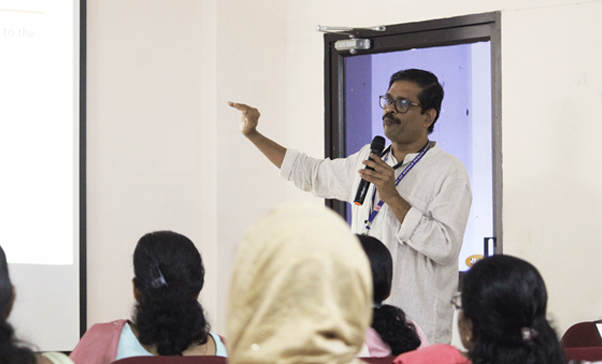
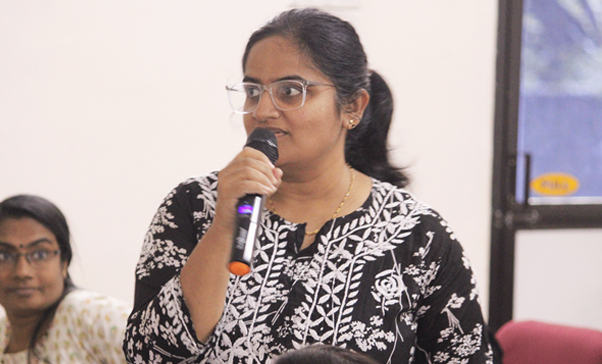

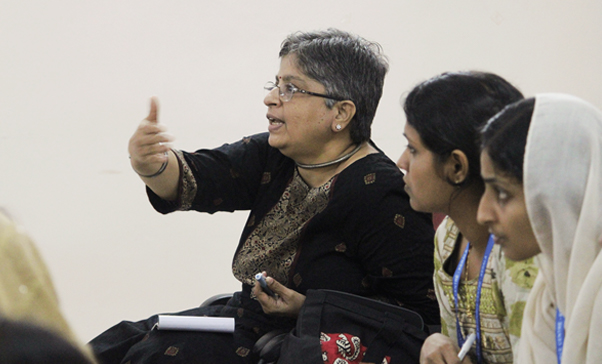
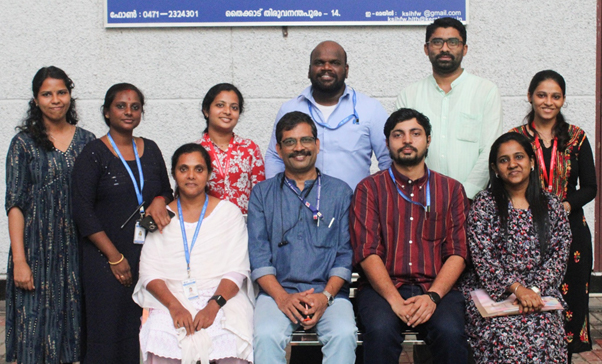
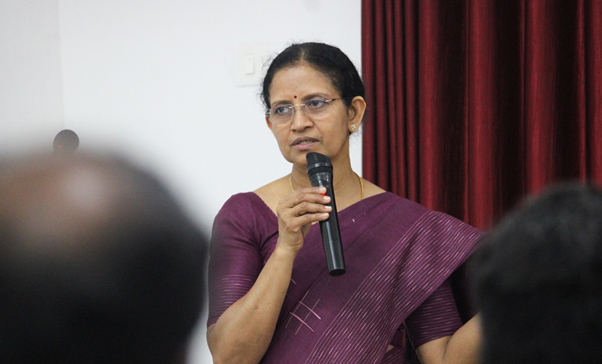
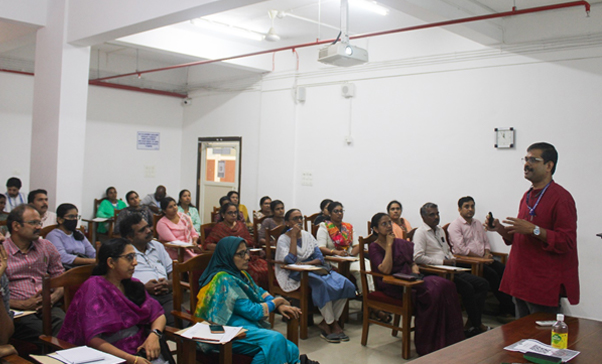
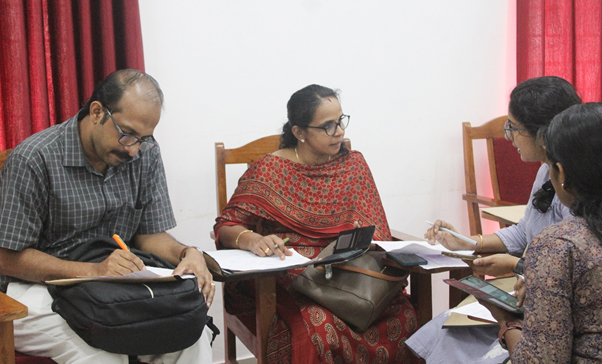
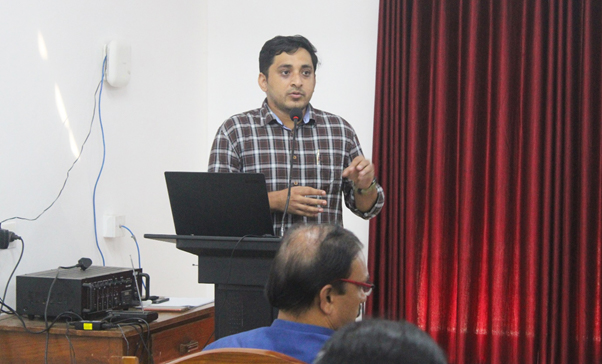
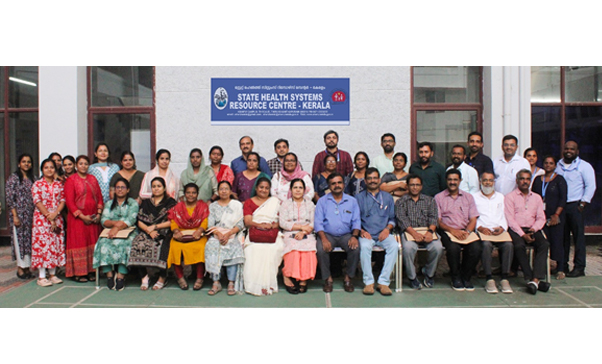
Upscaling of Primary Stroke Care Units in Kerala to Certified Stroke Care Centers: An Implementation Research
This participatory implementation research aims to enhance the quality of care provided in Primary Stroke Units (PSUs) to levels that will make them eligible for quality certification by the World Stroke Organization (WSO). Upgrading the PSUs to WSO standards will bring in a drastic change in the way PSCUs function in Kerala and the way Stroke is managed both in the acute phase and the long-term follow-up phase.
Nurse Initiated Community health worker Empowerment (NICE) Study- Developing community-based COPD management package in Primary health care setting: Randomized Control Trial
In 2017, in the backdrop of the ‘Aardram’ mission, COPD clinics were established in primary health centres - “Step Wise Approach to Airway Syndromes (SWAAS) clinics. The study focuses on developing a comprehensive intervention (pulmonary rehabilitation) which includes exercise training, education and behavioural modifications, thereby enhancing the health-related quality of life (HQOL) of COPD patients
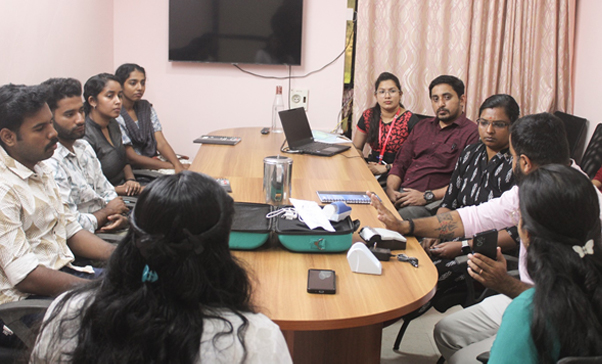
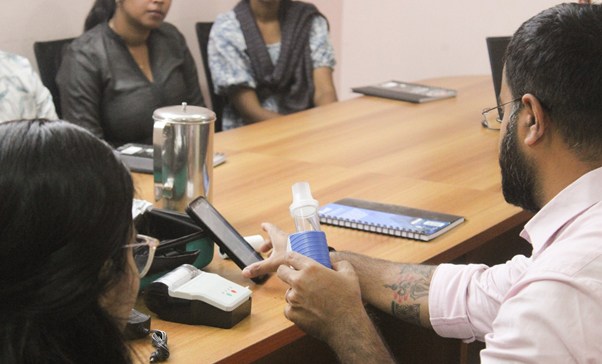
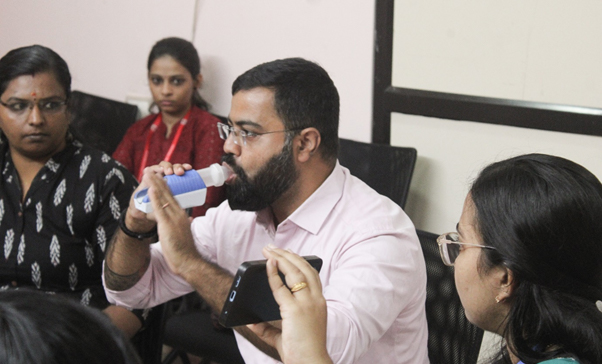
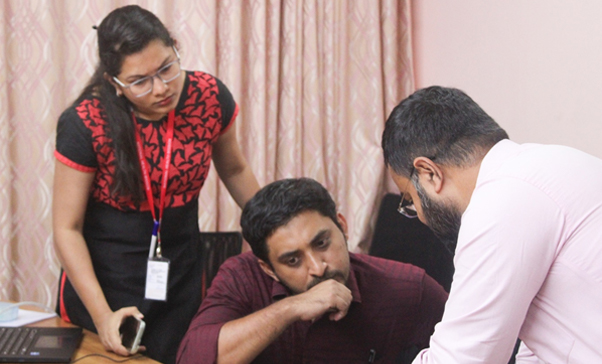
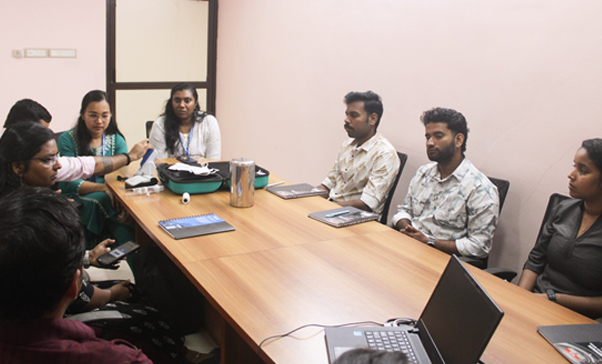
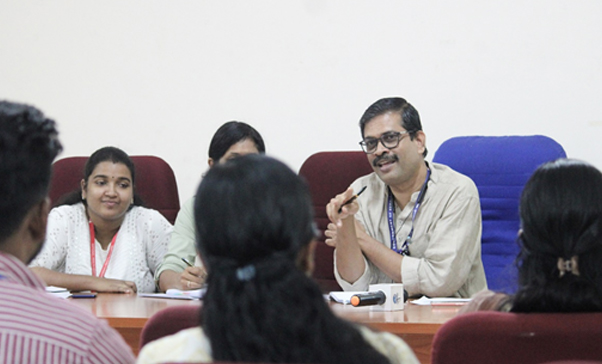
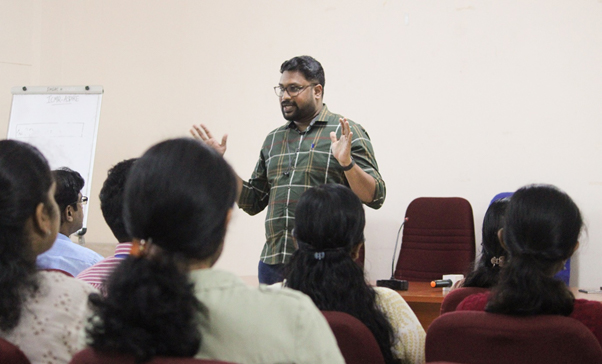
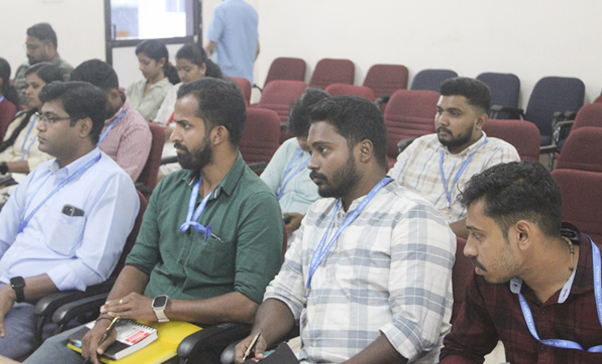
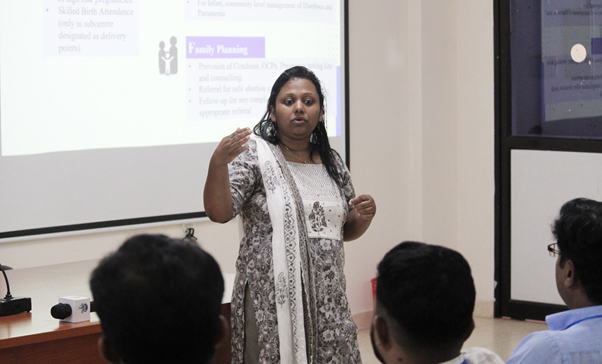
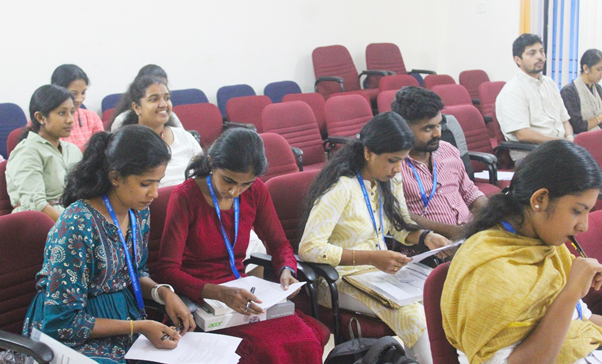
Convergence and integration of programmes and leveraging technology for enabling healthcare teams for delivery of equitable, high-quality primary healthcare services through Health and Wellness Centres (CONVERTECH- HWCs) in Wayanad district of Kerala - An implementation Research
This multistate implementation research was approved under the Division of Socio-behavioral, Health Systems & Implementation Research. This 3-year implementation research has been designed to develop an effective implementation of contextualized strategies to improve the coverage and equity in delivering comprehensive primary healthcare services through the health and wellness centres through an iterative approach. The study is taking place in the Wayanad district of Kerala.
Implementing a ‘Transgender Community Link Worker (TG-CLW) led Interventional Model’ targeting Substance Abuse among Transgender-Individuals through Vimukthi (De-addiction Centres) in Kerala: A Cluster Randomized Trial
This research delves into the overlooked issue of underutilization of Vimukthi (de-addiction) Centres by trans-people, examining the underlying reasons at both systemic and community levels. The study contributes to the first ever Health System-initiated-database on substance-use among trans-population in Kerala (a subsidiary component of the main study), in the context of even NFHS-5 reporting binary-estimates. Through comprehensive analysis, development and piloting of a novel intervention involving 'Transgender-Community-Link-Workers (TG-CLW), the study aims to empower, scale, and bridge the gap, promoting gender-inclusive de-addiction programmes.
Establishing an early warning system through environmental surveillance of Avian Influenza
The study aims to conduct environmental surveillance of surface water and wastewater from water bodies in proximity to affected and identified farms that reported outbreaks of Avian Influenza in 2024. The long-term objective is to assess the feasibility, bottlenecks, facilitators, and barriers in implementing an early warning system for AIV. The objectives for the first phase of the study are:
To assess the presence of AIV in surface water and wastewater samples taken from areas in 1-5 km and 5-10 km distance zones from epicentres of outbreaks that occurred in 2024.
To evaluate the feasibility and scope of environmental surveillance as a tool for an early warning system for AIV.

